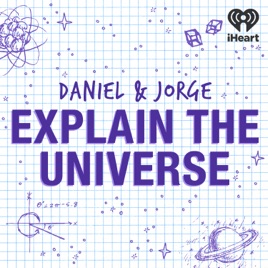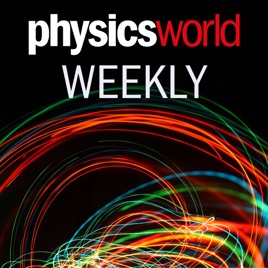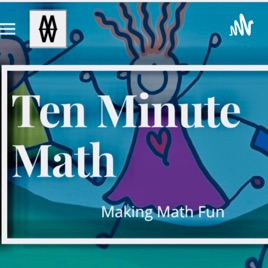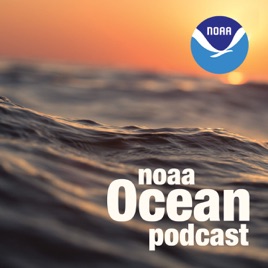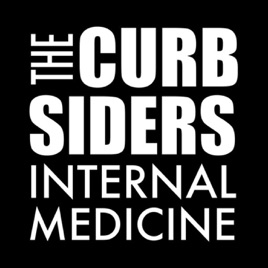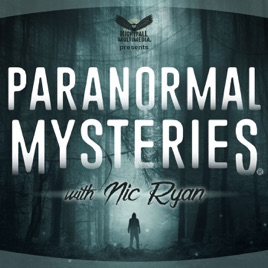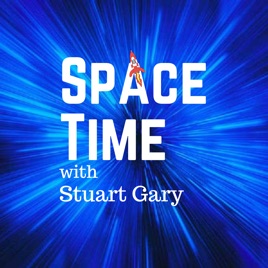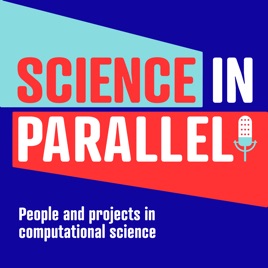
Advertise on podcast: Science in Parallel
Description
Science in Parallel focuses on people in computational science and their work simulating climate and the cosmos, understanding viral infections, building alternative energy strategies and more – using high-performance computing (HPC). Host Sarah Webb interviews researchers about their career paths and motivations. Our conversations cover topics such as artificial intelligence, integrating emerging hardware, the effects of remote work, promoting diversity and inclusion, and the role of creativity in computing. Our show is for curious, science-oriented listeners who like technology. You don’t need a deep background in science and computing to learn from our guests. Science in Parallel has been shortlisted twice for the Publisher Podcast Awards: for 2022 Best Technology Podcast and for 2023 Best Science and Medical Podcast. It is produced by the Krell Institute and is a media outreach project of the Department of Energy Computational Science Graduate Fellowship (DOE CSGF) program.
Podcast episodes
Check latest episodes from Science in Parallel podcast
Podcast reviews
Read Science in Parallel podcast reviews
Podcast sponsorship advertising
Start advertising on Science in Parallel & sponsor relevant audience podcasts
You may also like these science Podcasts
